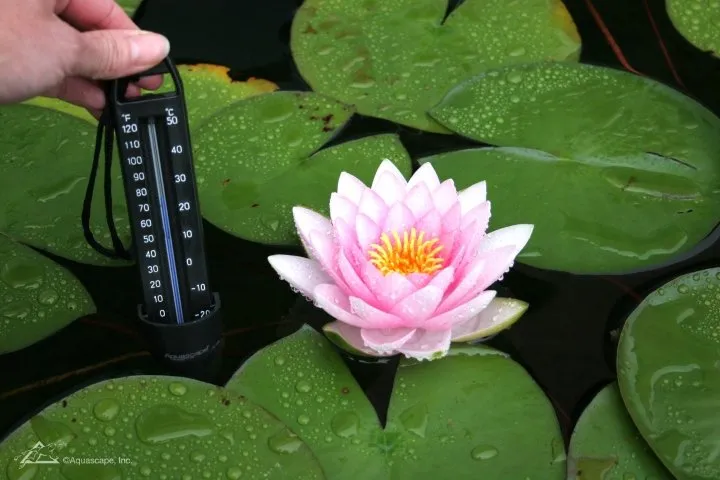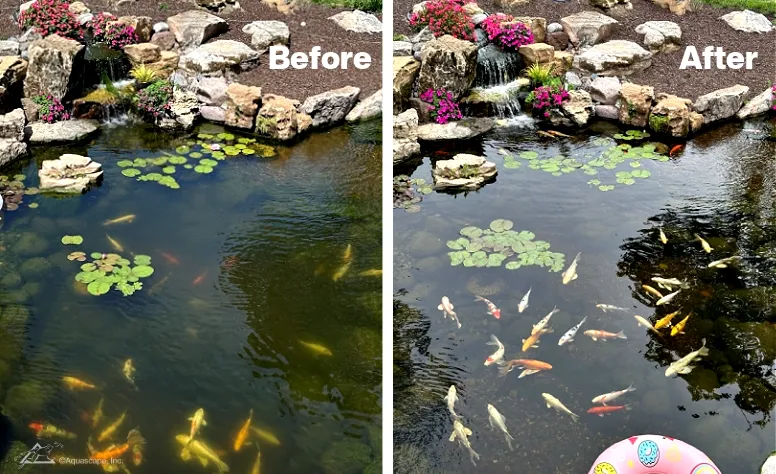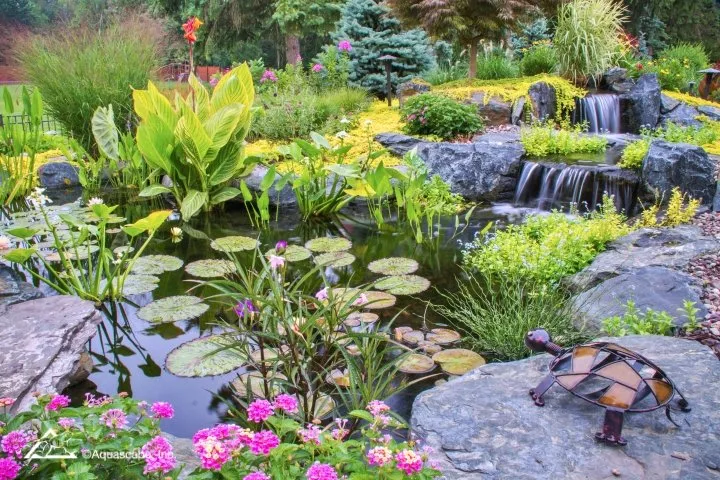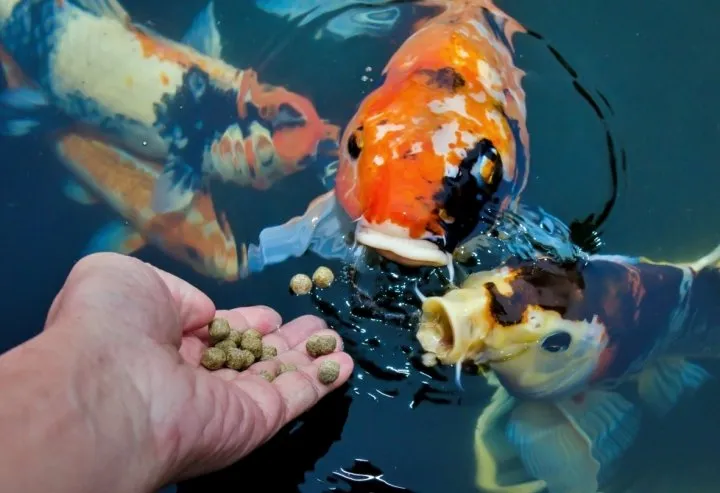Essential Late Summer Pond Care: Tips for a Healthy Ecosystem
Pond Maintenance and Care
August signals the end of summer and kids going back to school. While it might not seem like an important time for your pond, late summer can be a critical time for its care since the changing weather can impact the health of the water and the aquatic life within it. As the days start to shorten and temperatures fluctuate, it’s essential to maintain a balanced ecosystem to keep your pond thriving. After all, you want to ensure a healthy entrance into winter so your pond has the best advantage when spring rolls around again. Here’s our list of four things to keep top of mind for summer pond care while enjoying your water garden during the last days of the season.
1. Monitor Water Quality
One of the most important aspects of late summer pond care is monitoring water quality. Warmer water holds less oxygen, which can stress fish and other aquatic organisms. Use a pond thermometer to keep track of the water temperature. You can also use a test kit to check levels of ammonia, nitrites, nitrates, and pH. If oxygen levels are low, consider adding an aerator or fountain to increase oxygenation.

2. Control Algae Growth
Late summer can bring about increased algae growth due to the warm temperatures and longer exposure to sunlight. Excessive algae not only looks unsightly but can also deplete oxygen levels, harming fish. A variety of algae-treating options are available to help inhibit algae growth. Ensure that plants around the pond are trimmed back to reduce organic matter falling into the water, which can contribute to algae blooms.

3. Manage Pond Plants
As summer winds down, aquatic plants may become overgrown and start to decay. Remove any dead or dying plant material to prevent it from decomposing in the water, which can lead to nutrient overload and algae growth. Thin out pond plants as needed and add them to your compost pile. Late summer is also a good time to divide and replant any overgrown water plants to maintain balance in the pond.

4. Feed Fish Appropriately
Fish metabolism slows as water temperatures decrease, so it’s important to adjust feeding habits when falling temperatures settle in. Overfeeding your fish can lead to uneaten food sinking to the bottom and decaying, which depletes oxygen and increases harmful bacteria. Feed fish only what they can consume in a few minutes. You might also want to consider feeding them just once a day, preferably in the morning.

By focusing on these key areas, you can ensure that your pond remains healthy and vibrant as the summer season comes to a close. Proper late summer pond care sets the stage for a smooth transition into fall and winter, helping to protect your pond’s ecosystem year-round.
